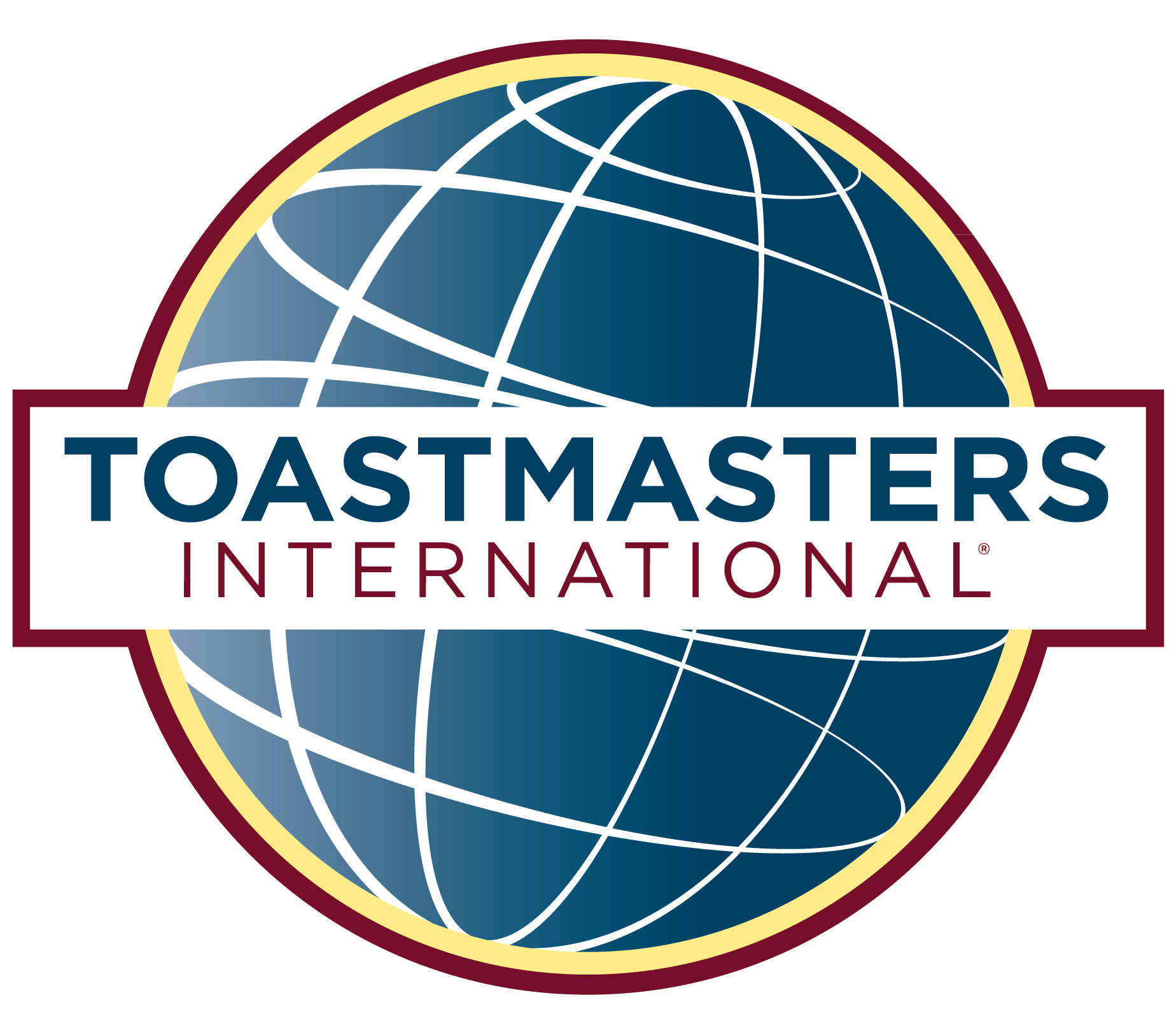I occasionally wonder what Marco Polo’s following would have been like. Would he have had more twitter followers than Katy Perry’s 95 million?
Keeping track of all his contacts back then must have been a chore. I am sure if Polo was alive today, he would likely be jealous of apps like Meetup, which are dedicated to organizing offline meet ups through the internet.

“Meetup brings people together in thousands of cities to do more of what they want to do in life. It is organized around one simple idea: when we get together and do the things that matter to us, we’re at our best. And that’s what Meetup does. It brings people together to do, explore, teach and learn the things that help them come alive.”
I had never used Meetup before. However, my Indonesian roommate from my hostel dormitory invited me along to one he located in Miami Beach. He said he normally attended “technical Meetups” with people who shared his programming background. However, he noted this one was labeled as a “public speaking meetup.”
I awkwardly laughed thinking he was just trying to make some sort of joke that I did not grasp due to our different cultural backgrounds.
Who holds meetings on “public speaking?” Is that even an interest that is organized around?
As we got closer to the venue and the sun had begun to set, I became nervous. I wondered, “Did we need to be prepared to make a speech?”
After a long detour around construction taking place at Maimi Beach’s convention center, we located the Butterfly Room at the Botanical Gardens where a banner said “Toastmasters International.”
I still did not get it. Is this some sort of alcohol marketing gimmick?
I jokingly told my Indonesian friend I looked forward to his speech.
He told me in a voice that nearly cracked, betraying his nervousness, “Common, English is not even my first language. You talk…about Art Deco or something. I feel energy when you speak.”
I was flattered, but not enthused.
Shuffling in, there were about 10 people already mingling. Each one had a wide-eyed grin, eager to see newcomers. “Was this a cult?” I thought to myself.
Simon, an Italian gentleman, quickly approached and warmly greeted us.
Simon had a good laugh at our story of two travelers who had wandered over from the main tourist drag for an event they did not fully grasp.
He briefly explained that Toastmasters is an organization that cultivates public speaking skills, along with leadership. That must explain all the wide-eyed grins; these people were already putting their skills to use.

After another twenty or so people filled the seats, Ana, the president, called the meeting to order as she handed out the evening’s agenda. She did not look a day over 20.
Her opening remarks explained the basic structure of the meeting.
A “toastmaster” or experienced member of the organization would facilitate as the evening progressed.
Three members were assigned to present prepared speeches from memory. Each would be reviewed based on their level of progression in the organization.
A “table topics master” was appointed for the impromptu public speaking segment of the meeting. This person’s task was to pick a random topic and question. Someone would be chosen at random to respond for at least a minute.
I smiled sarcastically at my hostel roommate.
A time keeper was designated to diligently track the time of each speaker and would signal when a speaker had reached their “minimum required time” and further gesture when a speaker was beginning to run out of time, and again provide an indication when the time limit had been reached.
A Grammarian was selected and delegated the responsibility to keep track how many times a speaker said words like “umm,” repeated themselves, or mispronounced something.
There was also a general evaluator, along with a dedicated evaluator for each speaker.
The first prepared speech was an advanced level speech from the beginner level of the program. It had to be on a topic that was “inspiring” along with some other requirements the evaluator was keeping tabs on, such as body language and time.
Our speaker chose to talk about procrastination. He discussed the idea of deferring something needlessly into the future and offered his solution:
- Write it down on a to-do list as he felt procrastination sapped mental energy. Writing it down helps preserve mental energy, making it more likely to improve decision making.
- Make a plan of concrete action steps. He claimed having a specific plan makes goals more achievable.
- Complete all the easy steps. He said this makes one feel less overwhelmed as they move through their to-do list.
“Nothing is particularly hard if you divide it into small jobs,” a Henry Ford quote, concluded his speech.
The next speech was a beginning level speech from the advanced section of the program. It was a “straight talk” while speaking into a camera as though it was being broadcast. An actual camera was set-up to record and mimic the real world feeling the criteria of the speech intended.
This speech titled “Dear Mr. President” was a monologue on President’s Obama failure to use his Nobel Peace Prize prestige to accomplish peace in the Middle East and argued that the President’s recent actions in Israel were “too little, too late.”
The evening’s last prepared speech was a beginner speech being judged on basic speech structure, such as having a clear introduction, body, and conclusion. It was titled, “What Women Want.”
The speaker opened with a joke explaining a male professor once wrote a 700-page dissertation on this very topic….all 700 pages were blank.
The speech went on to use metaphors involving princesses and dragons. I’d be lying if I said I understood it all. Maybe that was part of the point.
Following our planned speakers, the impromptu prompts were given.
In line with the New Year Holiday, the prompts were questions on how to achieve specifics resolutions.
The first prompt was, “How to conquer the resolution to drop weight?”
I thought for sure they were going to call on me for my obvious expertise on matter, but I was not randomly chosen. The answer given was a generic “exercise and eat well” one minute response.
Another prompt along the same theme was, “How do I save extra money this year.”
The randomly selected speaker spoke about two important factors he believed worked in money saving: “Figure out why you are saving money and then come up with a specific goal.”
He argued it was not enough to say, “I want to travel more to go more places.” Rather, one should understand why travel is important to them and pick a specific achievable destination as a goal. He felt understanding “why” and having a something both precise and attainable as foundations to successful money saving.
My favorite was “How do I stop being late?”
The response given essentially boiled down to, “Stop making excuses.”
At the conclusion of this activity, the evaluators gave their reports on the prepared speeches, which themselves were speeches prepared during the impromptu exercises.
I was impressed by the specificity provided of not just what was done well by the speaker but also what could be improved in their content and performance.
For example, the Henry Ford quote was highlighted as a positive component of that particular speech but the speaker’s energy had visibly diminished by the conclusion of the speech, which took away from the effectiveness of the quote.
Each speaker’s body language and eye contact was also critiqued.
The meeting approached its conclusion with the time keeper and grammarian reports, which included constructive criticism of not only the prepared speeches but of all those that spoke, including the evaluators.
It turns out Toastmasters has a local chapter back in my hometown.
I may pay them visit when I come back.
// Oliver – Day 5 – Miami

